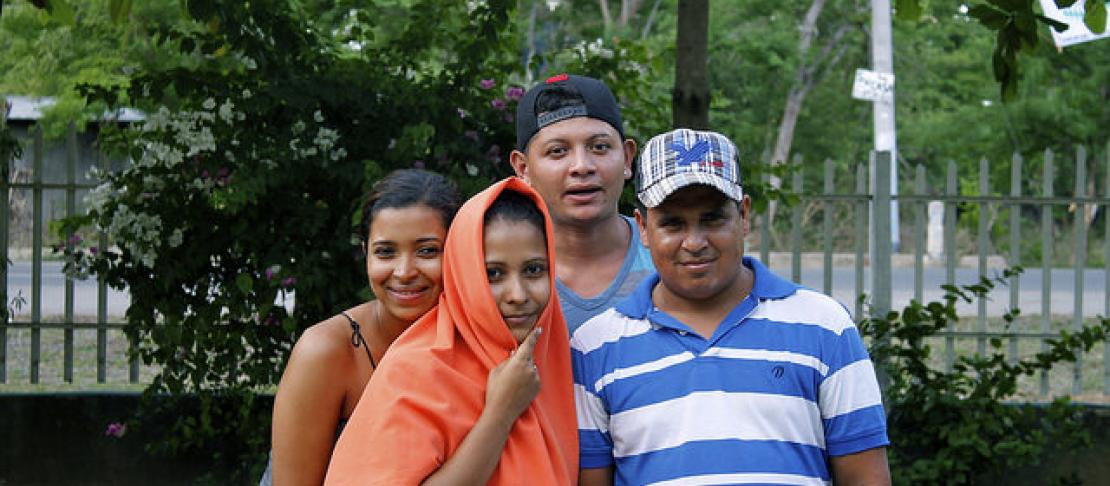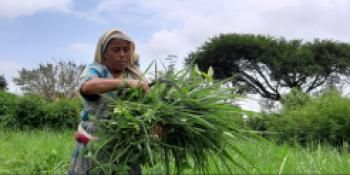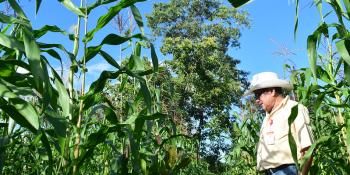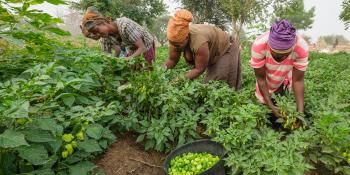Gender approach in climate change policies

New research reviews the state of gender inclusion in climate change, agriculture and food security policies in seven countries in Latin America.
Research confirms that climate change impacts are gender-differentiated and for this reason, climate change policies need to take this into account. Latin America is at a critical point in time where several governments and agricultural sectors are developing their adaptation strategies.
In light of this, the International Center for Tropical Agriculture (CIAT) Gender and Climate Change Group recently completed an analytical overview of the state of gender inclusion in national policies related to climate change in seven target countries for the CGIAR Research Program on Climate Change, Agriculture and Food Security (CCAFS) in Latin America, with the goal of providing policymakers recommendations on successful gender integration.
This is a component part of the CCAFS Flagship 4 project 'Relevant Climate Change Information meets Decision-Making to influence Policy and Institutions for Climate Resilient Food Systems.' The analysis constitutes a critical first step in identifying the ideal political-institutional foundation for the promotion of gender-inclusive climate change planning.
For the analysis, a rubric for evaluating policies’ levels of gender integration was developed based on guidelines and methods for gender inclusion recommended by advocacy and development organizations involved in climate change and agriculture. The rubric was applied to policy instruments related to climate change in Costa Rica, Nicaragua, Colombia, Peru, El Salvador, Honduras and Guatemala. Preliminary findings from the analysis suggest that gender-sensitive consultation processes and increased efforts at cross-sectoral coordination can be key for successful gender integration in climate change planning.
The research was recently published in the special issue on Policies, Institutions, and Markets of the Journal of Gender, Agriculture and Food Security, on Rural Women’s Day. Read an overview of all four articles on the AgriGender blog.
Download the paper: Influencing Gender-Inclusive Climate Change Policies in Latin America
Related paper: Identifying women farmers: Informal gender norms as institutional barriers to recognizing women’s contributions to agriculture
Maria Camila Hernandez is a student trainee in the Gender group in Decision and Policy Analysis (DAPA) at CIAT. She is currently completing her last semester as a student of Political Science with an emphasis in International Relations at the University ICESI in Cali, Colombia



